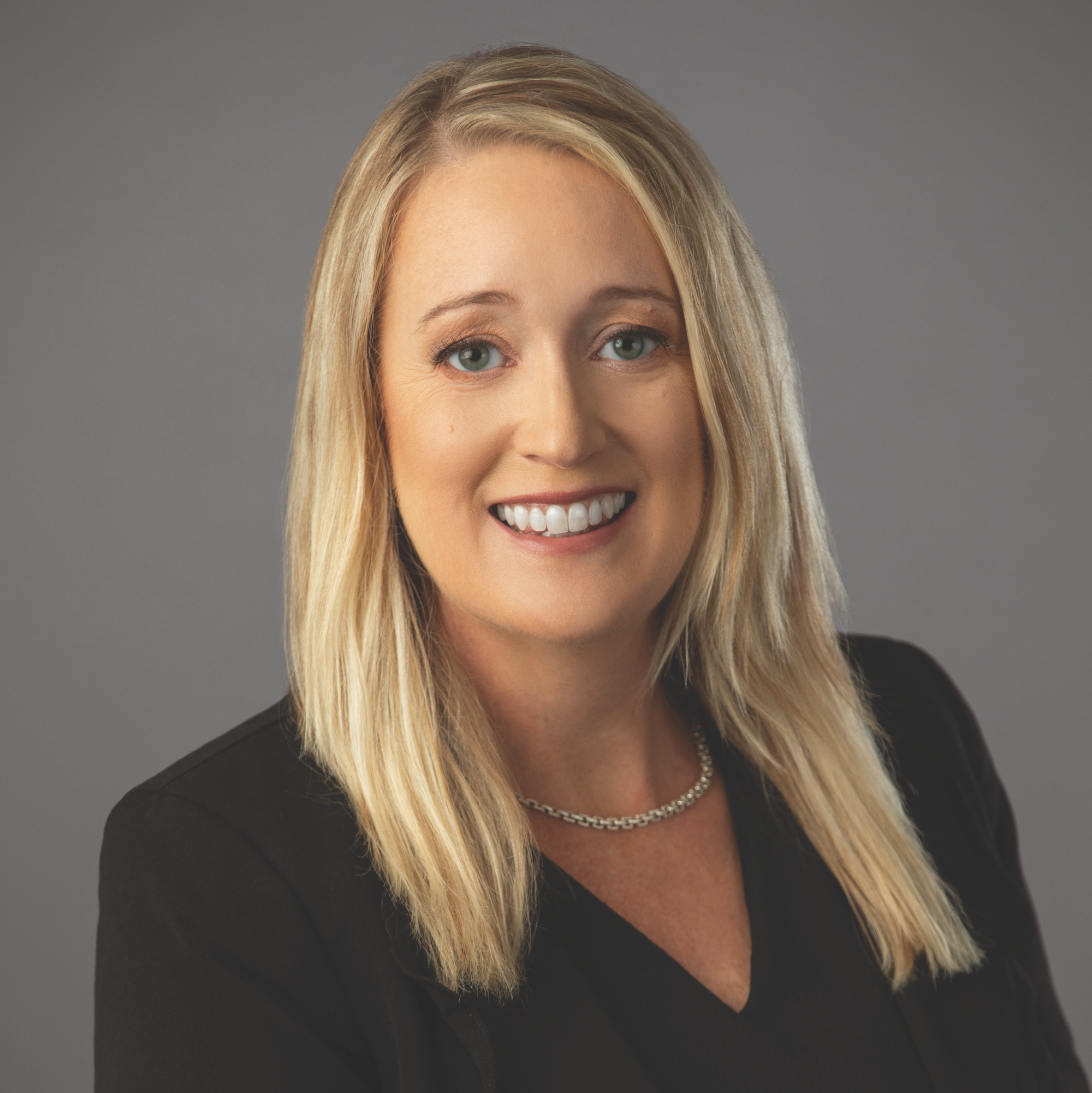Moving. The idea can strike trepidation in the most adventurous of us. For many financial advisors, moving to a new firm is among the most consequential professional decisions they’ll ever make. A misstep can adversely impact advisors and their clients in myriad ways for years or perhaps irreparably. As the wealth management landscape continues to evolve, the number of advisors in motion – particularly breakaways leaving the captive model behind – is growing. In this environment, the spotlight on the transition process has grown brighter.
Recruiting success among wealth management firms is clearly tied to the transition support financial advisors can expect once they’ve committed to a move. Falling short reverberates beyond that one practice’s experience and can inform decision-making for future recruits conducting due diligence on potential partners.
In transitions, as in life, first impressions matter. It’s challenging to overcome a negative initial interaction. For firms, the transition process sets the stage for the entire advisor/home office relationship. For advisors, it offers tangible proof that promises made in the recruiting process are being kept – or not. Typical transition services – including tech stack support, re-papering assistance and education on platform resources and products – are table stakes. How can firms go above and beyond to build a strong foundation for a mutually beneficial relationship from day one?
Differentiating yourself in the transition arena often comes down to offering unique and custom support that streamlines tasks and minimizes disruption to the advisor’s day-to-day operations. To get an idea of what such support entails, we sought out the insights of three industry leaders who help drive transition efforts at their firms to highlight those under-appreciated resources and services that deliver an optimal transition experience for advisors and teams:
- Tammy Robbins, Executive Vice President and Chief Business Development Officer at Cambridge Investment Research, an internally controlled and operated financial solutions firm focused on serving independent financial professionals and their clients
- Paige Swartzendruber, Chief Business Development Officer, Berthel Fisher Companies, a wealth management, investment management and insurance solutions provider that supports financial professionals through an array of wealth management business models
- Cheryl Carvelot, Branch Operations Manager, Stifel Independent Advisors, an independent broker-dealer
Their responses follow.
Tammy Robbins, Executive Vice President And Chief Business Development Officer, Cambridge Investment Research

Transitioning to a new firm is a heavy lift. Obviously, some must-haves, like e-signatures, are non-negotiable, and you want to do everything possible to reduce administrative burdens. However, there are also a few under-the-radar aspects of this process.
For one, firms need a dedicated transition coordinator. Whether advisors on the move want everyday guidance or have specific questions about the process, they deserve to have a dedicated contact they can always lean on. More preparation and planning on the firm’s end with a transition expert can also help minimize downtime, leading to quicker asset movement.
Firms should also provide comprehensive transition plans, sample timelines and client retention letters. These resources help advisors prepare effectively and maintain strong client relationships throughout the transition. Tailored client communication strategies, including the use of social media, are essential for retaining clients and ensuring they are informed and comfortable with the transition.
Finally, consider offering a complimentary guide. A checklist helps advisors perform thorough due diligence and ensures they are well-supported by their new firm.
Paige Swartzendruber, Chief Business Development Officer, Berthel Fisher Companies

We have an in-house tech team that can help with anything from printer setup to system issues. Why is this a great service? How many hours would you spend on the phone with Microsoft or another big tech company to get an answer on something our tech team can get you in 10 minutes? This has been proven over and over: having a team like this is invaluable.
Another important service is helping with the transition. Do you have someone assisting with paperwork? Here, we have a transition specialist who also works with compliance. This is important because she knows how to get paperwork done efficiently and what is needed from a compliance perspective, allowing for it to get done without “not in good order” (NIGO) problems.
When it comes to getting client signatures, ask what the process is and how the firm helps move clients efficiently so you can move your current clients fast and get back to prospecting. Is it all on you, or are they helping you get back to business quickly?
Cheryl Carvelot, Branch Operations Manager, Stifel Independent Advisors

You have decided to own your own business and go independent. Finding real estate, purchasing technology, picking a logo, HR staff benefits – all this can be overwhelming for a financial advisor who was previously provided with these services. Contract with a company that has its head in the game – with tools, experts and resources that will meet your business dreams.
The financial industry is highly regulated with disclosures, paperwork and signatures. Working with experts who can handle the groundwork for you is important. You will want to have an experienced team on day one to help you transition your business, a team that cares about you and your clients. No transition is perfect. Great transition teams will help with paperwork, answer your questions and calm any fears before, during and after the transition. You don’t just want a transition team. You should demand dedicated and experienced transition specialists so you can focus on your most important objective: your clients.
After the transition results in a smooth landing, welcome to the world of independence. We do what we can to make our financial advisors feel welcome. Seek out a firm that has an operations team that will know your name, and you know theirs, rather than a phone tree. Find a team that cares about financial advisors and clients, and if the goal can be accomplished, will deliver operations to help get it done. Look for a firm with direct access to management. You may be independent, but you shouldn’t feel alone.
Janeesa Hollingshead, Contributing Editor at Wealth Solutions Report, can be reached at editor@wealthsolutionsreport.com.














